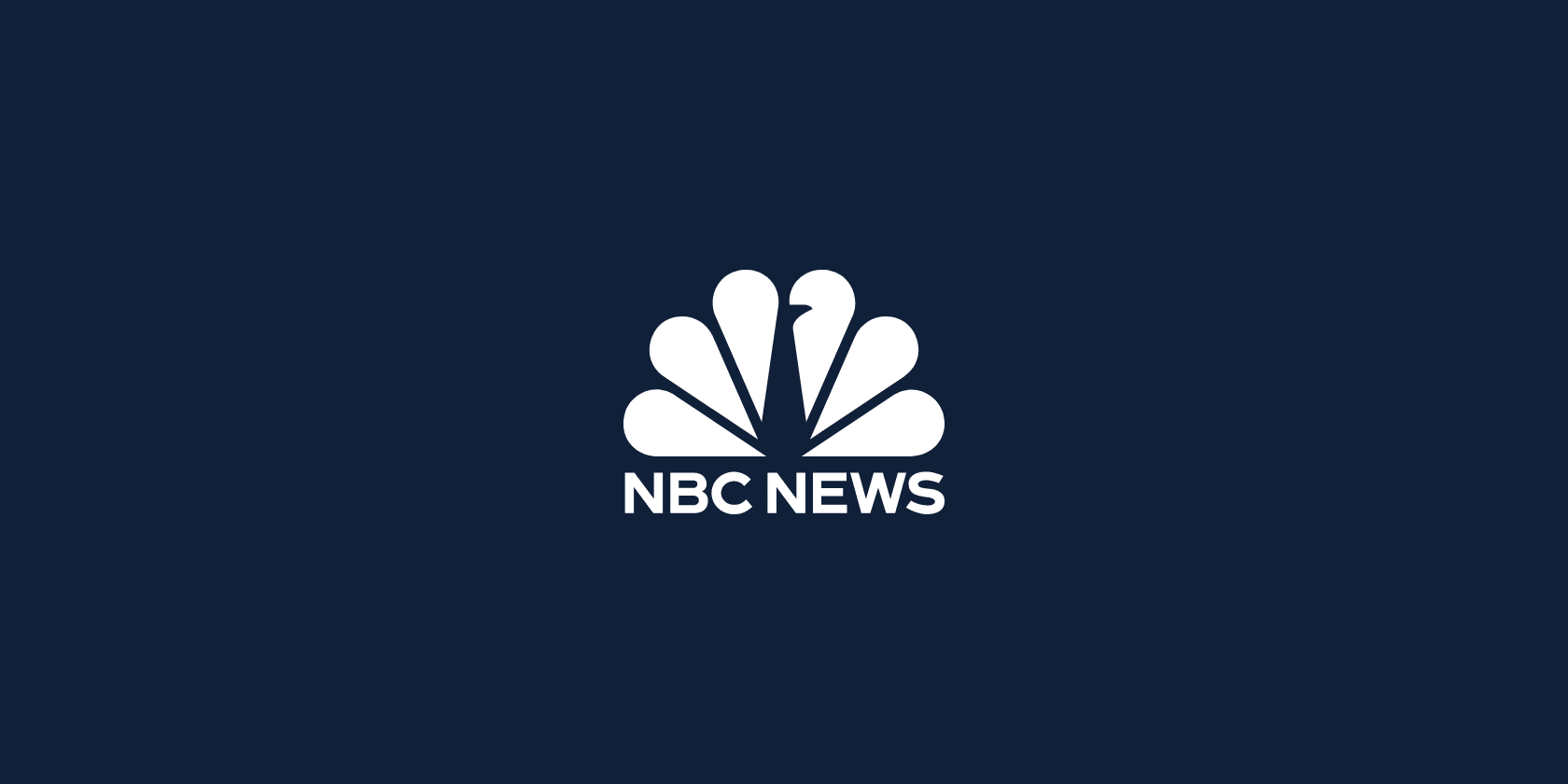
The country’s biggest producer of raw milk has seen its sales grow exponentially to more than $30 million, despite the health risks of forgoing pasteurization. With RFK Jr. nominated to lead HHS under Trump, it hopes to sell even more.
M ark McAfee hopes to become the chief advisor on raw milk in the next Trump Administration. The cofounder and CEO of Raw Farm, the country’s largest producer that’s been at the center of raw milk recalls in California, said he’s in discussion about the role and hoped to help Robert F. Kennedy Jr.

, a raw milk proponent who’s been nominated as the next Secretary of Health and Human Services, set standards on raw milk that would ensure safe production, while allowing more distribution of it. “I’m the raw milk guy,” Mark McAfee, 63, said in a telephone interview, adding, “I’m the only guy that knows this stuff.” It’s been a moment for the raw milk industry and for Fresno, California-based Raw Farm.
First, Raw Farm recalled several batches of its milk and cream after testing by the California Department of Public Health found bird flu virus in samples of its milk. Then it shut its dairies while its herd is under quarantine. Over the past few weeks, the drumbeat of news about bird flu went from bad to worse, as the virus spread to cats and to people, with a child in California testing positive (from an unknown source) and a person in Louisiana being hospitalized with severe illness (likely exposed from a backyard flock).
On December 18, with the California state agriculture department having found the virus in 645 dairy herds, California Governor Gavin Newsom declared an emergency. Raw Farm’s family farmers aren’t backing down in their belief in the benefits of raw milk, which propelled the 100% family-owned business to sales of more than $30 million. With RFK Jr.
’s nomination, they’re hoping to sell a lot more. Raw Farm’s president Aaron McAfee, Mark’s 40-year-old son, said that he expected sales to reach $100 million within three years, and that he was already thinking about product expansions. “One of our greatest value adds right now is that we specialize in making a product that everybody in the traditional industry says is impossible,” Aaron McAfee said.
“Nobody believes you can do raw milk at scale.” Federal health regulators have warned repeatedly about the risks of raw milk, which have caused 2,645 illnesses and 228 hospitalizations between 1998 and 2018, according to the Centers for Disease Control and Prevention. It’s legal in some states, illegal in others – and always illegal to transport it across state lines for human consumption.
(Selling raw milk for pets across state lines is a different matter.) But California, where Raw Farm is based, is one of 15 states where retail sales are legal and something of a ground zero for the raw milk movement, which has brought together proponents of organic food who believe in its health benefits and conservatives who argue for their right to make their own choices without government interference. “Food is medicine is ringing true to the customers,” said Mark McAfee, who is also founder of the Raw Milk Institute and describes himself as a Bernie Sanders/Jill Stein Democrat.
“Our consumers are saying, ‘Screw you, FDA, we want raw milk,’” he said. Raw milk has long been controversial because it can harbor a number of pathogens, including bacteria and viruses, among them salmonella and campylobacter, both of which can cause diarrhea and abdominal pain. Ever since French scientist Louis Pasteur invented pasteurization – which heats milk to at least 145 degrees Fahrenheit to kill harmful bacteria – back in 1862, that’s been the standard in America.
“There’s a whole slew of bacterial infections that can arise from unpasteurized milk,” said Dr. Amesh Adjala, a senior scholar at the Johns Hopkins Center for Health Security. Pasteurization will also inactivate the H5N1 bird flu virus, which is why the CDC considers pasteurized milk safe to drink despite the recent outbreak.
Exactly how bird flu spreads through milk isn’t known, but scientists see risks because repeated exposures might cause the virus to mutate in a way that can cause it to spread from person to person. “A lot of this is hypothetical, but based on real biological principles that would apply in this situation,” Adjala said. “So that’s why we’re trying to be very aggressive with this infection in raw milk at this time.
” The McAfee family learned about raw milk by chance, but became true believers over time, persisting in the face of regulatory pressure and litigation. The company has also built out its own pathogen lab, which includes PCR machines to test for infections in their bulk milk tanks (daily) and their cows (once a week). Bird flu, for Mark McAfee, is just one more thing to deal with.
While its herds are quarantined, the family set up a partnership with a dairy farm in uninfected northern California and Aaron McAfee expects to have raw milk on the shelves on Monday from that dairy. Meanwhile, they’re sending the milk from the cows on their two dairies off to be pasteurized until the quarantine is lifted. “Mother nature is going to take her course, and I respect mother nature,” Mark McAfee said.
“And when we emerge we’ll have two dairies full of antibodies and our consumers can’t get enough.” The McAfees are a long-time farming family. Mark McAfee’s grandparents assembled some 2,100 acres of land.
In the mid-1970s, Mark and his younger brother Eric, who is cofounder and chairman of Raw Farm, began to help their grandparents manage the properties. They were two of five brothers, the youngest of whom, David, was killed in an auto accident when he was seven, said Eric McAfee. David’s ashes were spread on the 400 acres of land where Raw Farm is now headquartered.
The brothers learned as teenagers that their father had borrowed money through a federal program to drill for wells, and wound up $4 million in debt, including interest, when the wells failed, with the land pledged as collateral. They fought back. “Our brother’s ashes and our family’s legacy is on this land and we [were] going to make this work no matter how long it takes.
At the time we did not know it was going to take 40 years,” Eric McAfee said. In 1988, after a decade of litigation, the family settled for $500,000, he said. “It taught us the most important thing you need in entrepreneurship is persistence,” said Eric, who subsequently went on to a career as an investor and entrepreneur in Silicon Valley.
They farmed apples and alfalfa, and set up an organic dairy in the late-1990s. Then, around 1999, after a big raw milk producer in Los Angeles closed, Mark McAfee started getting calls from customers who’d seen their simple website for their organic dairy and wanted raw milk. (Another brother, Adam, had worked for Apple, and they were one of the few dairy farmers with a website then.
) “People started calling me saying, ‘We want raw,’ and I listened to them,” Mark McAfee said. “They said it tasted better, didn’t cause lactose intolerance, was great for asthma.” (Research has found no evidence of reduced lactose intolerence, but has noted potential protection from allergies and asthma.
) So Mark McAfee and his wife Blaine loaded up their white Suburban SUV with jugs of unprocessed milk and some ice chests to keep it cool, and drove the 250 miles to the Venice neighborhood of Los Angeles. As soon as they arrived, a mob of 75 to 100 people surrounded the SUV, all clamoring for the stuff, Mark McAfee recalled. “They were cheering,” he said.
“They opened the back of the Suburban and started grabbing half-gallons of milk and just threw money in the car.” Seeing the demand, the McAfees built out a creamery, and moved into not just raw milk, but raw butter, raw cheese and raw kefir. “Dad is the pioneering, envisioning, evangelical leader of raw milk,” Aaron McAfee said.
It’s a good business, too: Today a gallon of regular milk goes for $4.50 on Amazon Fresh, while a gallon of raw milk, according to Aaron McAfee, sells for around $18 a gallon in California. The company is “consistently” profitable with “strong [profit] margins,” he said, though he declined to be more specific.
But this has always been a business that plays cat-and-mouse with regulators, and the McAfees have battled both criminal and civil litigation over more than 15 years. They originally resolved a criminal case in December 2008 for violating federal food laws by distributing raw milk to out-of-state customers in 2007. The McAfees acknowledged making two shipments to customers in Washington state and Nevada labeled as pet food to avoid detection.
A 2010 memorandum in a related civil case seeking a permanent injunction noted, “On the government’s account, Defendants have ‘flouted the law for years.’” The company most recently signed a consent decree in July 2023. “We have been in a constant battle with the FDA and DoJ since 2009.
As a peace treaty and not go to jail, we have agreed not to make any medical claims on our food,” Aaron McAfee said. State and federal regulators have shut them down a few times a year since they started, according to Eric McAfee, who figures he’s invested around $10 million of his own cash to keep the business going. “Every time that happened, it was, ‘We’re going to lose one third of $1 million in the next few weeks because we can’t ship product,’” he said.
In 2018, when the business had around $10 million in revenue, the younger generation led by Aaron McAfee talked with the family board of directors about a five-year vision for growth. Since then, Raw Farm bought a second dairy and purchased livestock to prepare to fulfill that growth plan. The Covid-19 pandemic, where some people sought out alternative ways to boost their immune systems, turned out to be good for Raw Farm.
“Our message of building a strong immunity, and building an immune system that is robust to prevent getting a virus, was received very well by many people,” Aaron McAfee said. (The FDA says that raw milk does not build immunity.) Mark McAfee called the current shutdown “the FDA’s attempt at killing off our brand,” and Newsom’s declaration of an emergency in California a ploy to get federal funds.
His brother Eric called the attention from bird flu a positive for Raw Farm. “Every time this happens, revenues boom,” he said. “Good news, bad news, it’s all good if you are in the news, and especially if it’s controversial,” added Aaron McAfee.
The family is looking ahead to not just having its cows emerge from quarantine, but also future expansion – for both the brand and the business, led by the younger generation of McAfees. Aaron McAfee said that the company now views itself as “a healthy lifestyle brand,” and is looking at developing new products that, like raw milk, would have one or very few ingredients and no sugar added, such as raw, unprocessed orange juice. Despite being in the crosshairs, Aaron McAfee said that the 100% family-owned business was “fighting off venture capital with a stick,” and would consider selling a minority stake under the right circumstances.
“I think one of the key things to recognize is that we’re not normal dairymen,” said Mark McAfee. “We are consumer-connected dairymen, and we are driven by different things than the normal dairymen..
..It’s just a different kind of DNA we’ve got.
” Alex Knapp contributed reporting..















